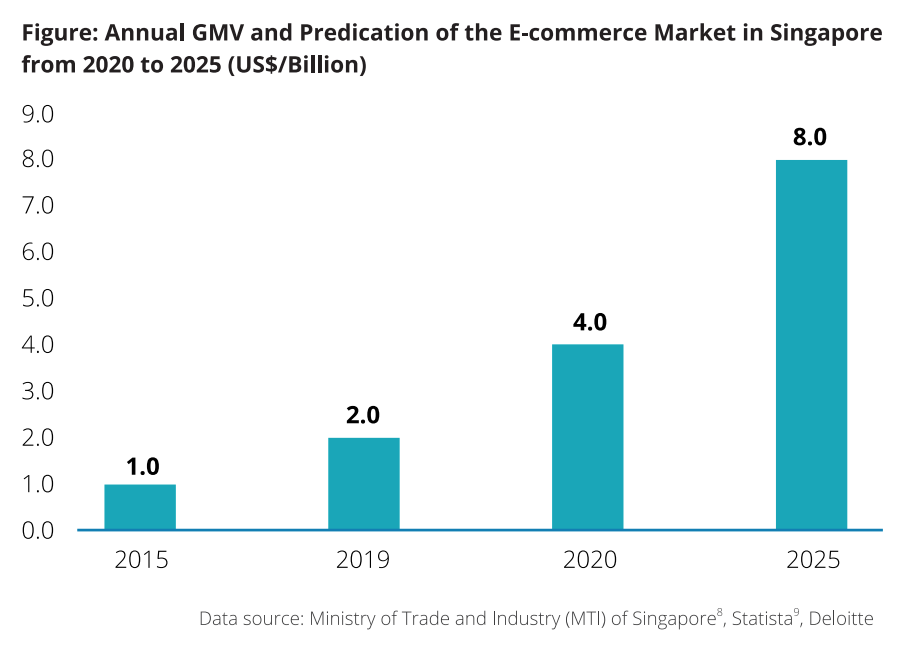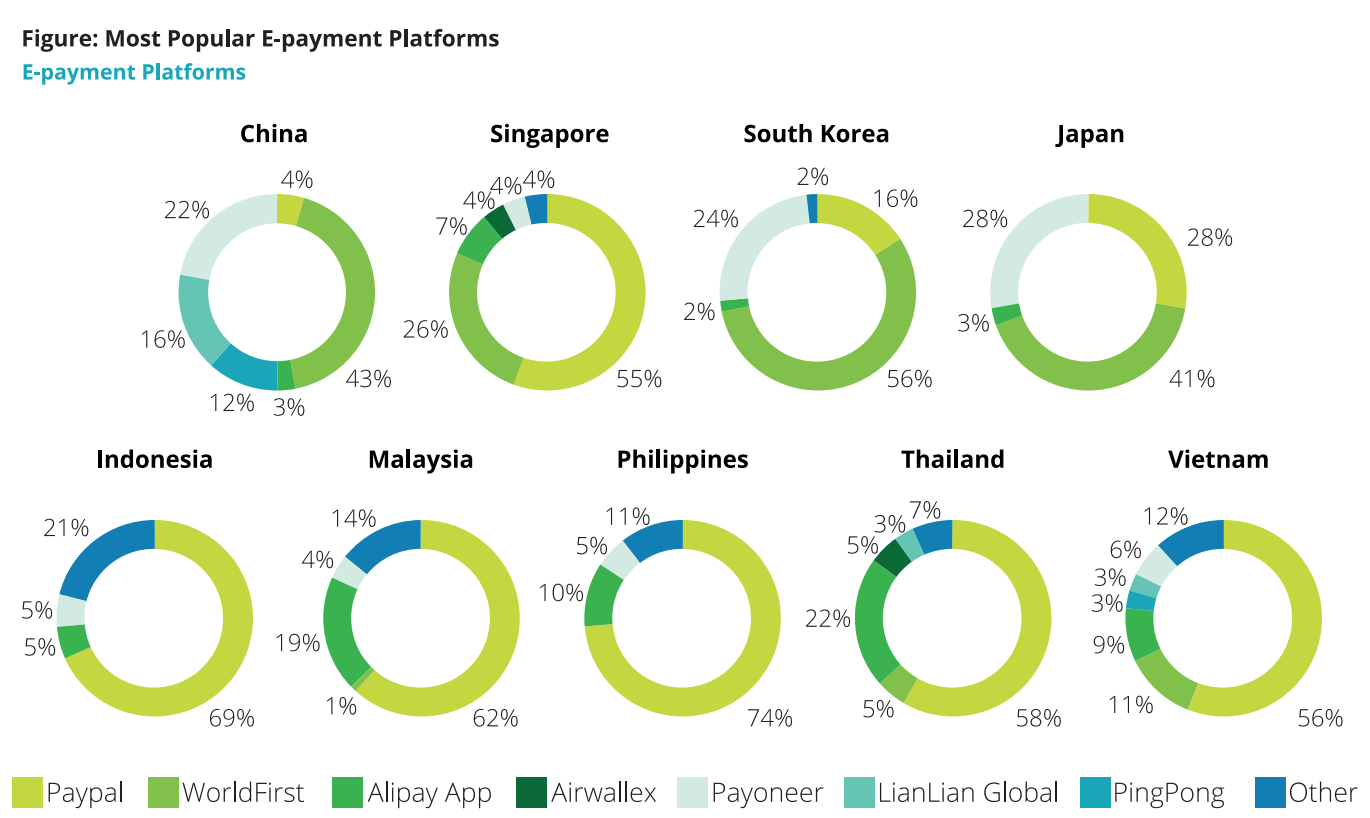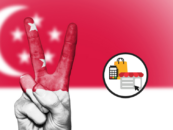
Singapore Maintains Position as ASEAN’s Hub for Cross-Border E-Commerce Platforms
by Fintech News Singapore January 28, 2022Across the Association of Southeast Asian Nations (ASEAN), Singapore has become the central hub for cross-border e-commerce platforms, favored by industry players for the forward-looking planning and deployment by the government of an advanced digital economy ecology, as well as the nation’s highly developed Internet market.
A new report by Deloitte, which looks at the state of e-commerce across Asia-Pacific (APAC), highlights Singapore’s emergence into a popular destination for the e-commerce industry, noting that a number of ASEAN unicorns, including e-commerce giants Shopee and Lazada, have chosen the city-state to host their headquarters.
Active promotion of global digital trade by the government, coupled with Singapore’s key geographic location, strong logistics industry and advanced international finance center, are amongst the reasons why the nation is the preferred choice for e-commerce platforms, the report says.
Singapore is not only a favored location for e-commerce players to operate from, but it’s also a vibrant e-commerce market.
Despite being one of the smallest countries in the world with a market of just 5.68 million people, Singapore’s digitally confident consumers spend in high amounts online. According to JPMorgan, the average annual online spend was S$2,206.24 (US$1,618) in 2020, which represented one of the highest annual spends out of the countries surveyed by the banking group.
By 2025, Deloitte estimates that the e-commerce market in Singapore will double in size compared to 2020, with gross merchandise volume (GMV) amounting to US$8 billion.

Annual GMV and predication of the e-commerce market in Singapore from 2020 to 2025, Source: The <Technology-empowered Digital Trade in Asia Pacific> report, Deloitte
Singaporean consumers are also embracing the opportunity to spend with overseas businesses.
In 2020, 73% of online consumers in Singapore indicated having shopped from overseas merchants, according to the JP Morgan study. At the time, the cross-border e-commerce market in Singapore was worth S$2.91 billion (US$2.15 billion), and accounted for 35% of the nation’s overall Singaporean e-commerce market, showcasing the dynamism.
The state of digital trade and digital payments
Across ASEAN, Singapore is the only country identified by Deloitte as a “mature market” in the development of digital trade, alongside China, South Korea and Japan.
Looking at cross-border e-commerce in particular, Singapore surpasses its regional peers in digital adoption. A 2021 survey of cross-border e-commerce enterprises across APAC by Deloitte, found that Singaporean companies were the most digitized across all links, namely production, trading, sales, payments and logistics. In particular, the penetration rate of payment digitalization in Singapore stood at an impressive 85.2%.
Payment digitalization is not just high in Singapore but it is also across the broader APAC region. In fact, payments were found to be the most digitized link across the cross-border e-commerce chain with a penetration rate of 55%, ahead of sales (53%), trading (42%), logistics (38%) and production (20%).

Degree of digitalization across all links of cross-border e-commerce, Source: The <Technology-empowered Digital Trade in Asia Pacific> report, Deloitte
Delving into cross-border e-commerce platforms’ preferred e-payment platforms, WorldFirst was found to be the most widely applied in mature markets, occupying a market share above 40% in China, Japan and South Korea.
WorldFirst is an international payments business, and one of the most established specialist in currency exchange. The company provides comprehensive money exchange and payment services, serving individuals and businesses, including online e-commerce services.
WorldFirst was founded back in 2004 in London, but was acquired in 2019 by the Ant Group, at the time Ant Financial.
In developing markets, namely Malaysia, Vietnam, Thailand, Indonesia and the Philippines, PayPal was found to be cross-border e-commerce platforms’ favored e-payment platform, with a market share above 55%.
PayPal is one of the biggest online payment technology companies in the world. It operates an online payments system and processes payments for online vendors, auction sites and many other commercial users. In 2021, PayPal’s total payment volume reached US$1.25 trillion, roughly doubling over a two year period.
PayPal has been looking to expand more aggressively in Asia, acquiring in September 2021 Paidy, a Japanese buy now, pay later (BNPL) service platform, for US$2.7 billion. PayPal is also the first foreign operator with 100% control of a payment platform in China, taking full control of GoPay, formally known as Guofubao Information Technology, in December 2020.

Most popular e-payment platforms, Source: The <Technology-empowered Digital Trade in Asia Pacific> report, Deloitte
Featured image credit: Unsplash







